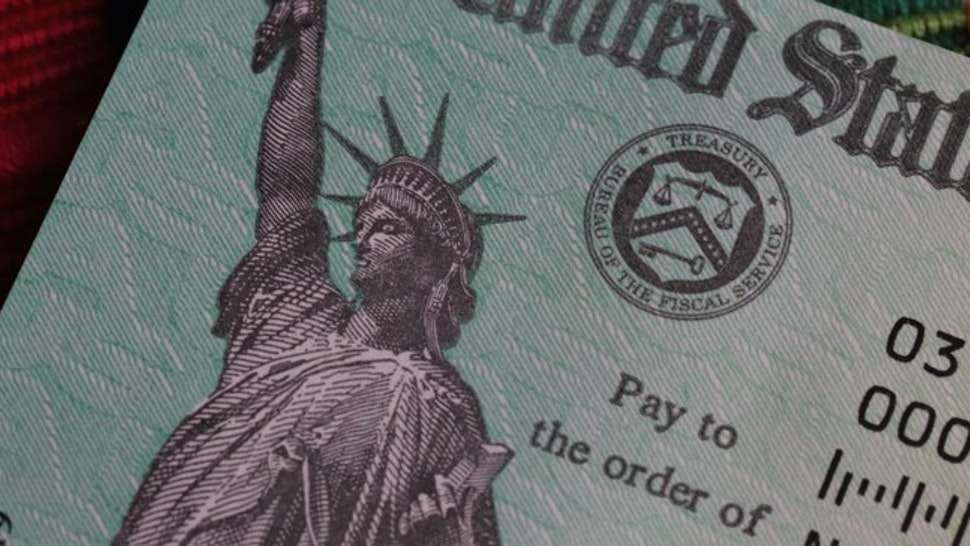The federal government will spend enough in COVID-19 stimulus to give every American taxpayer $41,000.
As COVID-19 and the lockdown-induced recession produced job loss and public health challenges, the federal government approved massive omnibus packages meant to stimulate the economy. Among these were the $2.2 trillion CARES Act, passed in March 2020; the $2.3 trillion HR 133, passed in December 2020; and the $1.9 trillion American Rescue Plan, passed in March 2021.
As the Committee for a Responsible Federal Budget’s COVID money tracker shows, the federal government will distribute a total of $5.9 trillion through its legislative efforts alone. If these funds were disbursed among America’s 143.3 million taxpayers, each would have received roughly $41,000. If the funds were instead divided among every member of the population, every American would have received $18,000.
However, only a fraction of the spending was earmarked for American citizens. As Brad Polumbo of the Foundation for Economic Education notes:
The COVID spending bills have all lost huge sums of money to unrelated carve-outs, politician pet projects, corporate bailouts, fraud, waste, and worse. In the latest $1.9 trillion package, more than 90 percent of the spending is not directly related to containing COVID-19. Only 1 percent of the money, about $15 to $20 billion, is spent on vaccines. Meanwhile, hundreds of billions go to bailing out poorly managed state governments’ budget holes that predate the pandemic and $86 billion rescues failing pension plans. Meanwhile, billions more go to Obamacare expansion and subsidizing public schools long after the pandemic.
Polumbo calculates that “only someone who fully collected expanded unemployment benefits throughout the pandemic and received all $3,200 in a total of the stimulus payments” could have received more than $18,000 in benefits.
Applying the same calculation to President Biden’s two most recent legislative proposals — the $2.7 trillion American Jobs Plan and the $1.8 trillion American Families Plan — reveals similar results. If funds were divided among all taxpayers, each would receive $31,400 — $18,840 from the former bill and $12,560 from the latter.
As detailed by the Penn Wharton Budget Model — an initiative of the University of Pennsylvania’s Wharton School that examines public policy proposals — extensive deficit spending from large federal programs is deeply harmful to long-term economic growth. The group’s simulation shows that with $1 trillion in deficit spending, output falls by 0.28% over the course of three decades, while debt rises by 2.53%. With $10 trillion in expenditures, output falls by 3.09% and government debt rises by 27.24%.
This reality is explained by the crowding-out effect — a phenomenon by which the government’s demand for funds diverts money away from private business investments, which restricts entrepreneurship and innovation over time.

